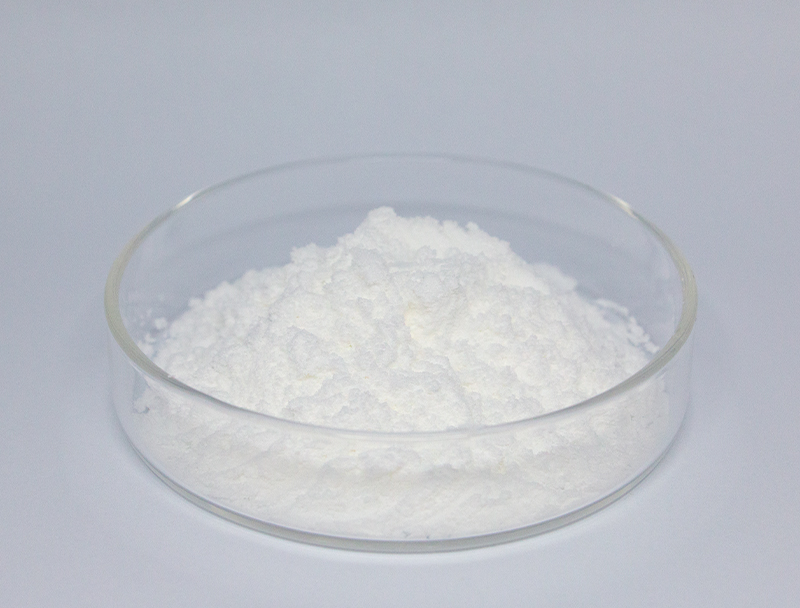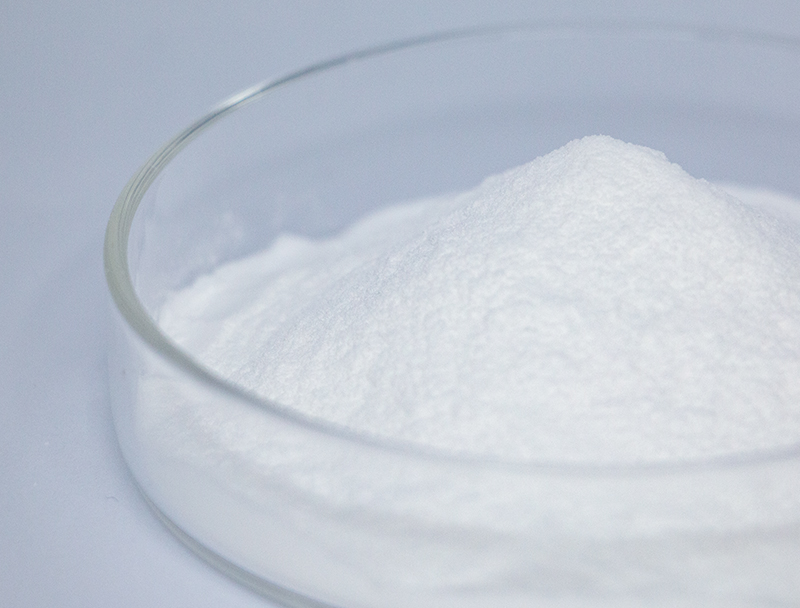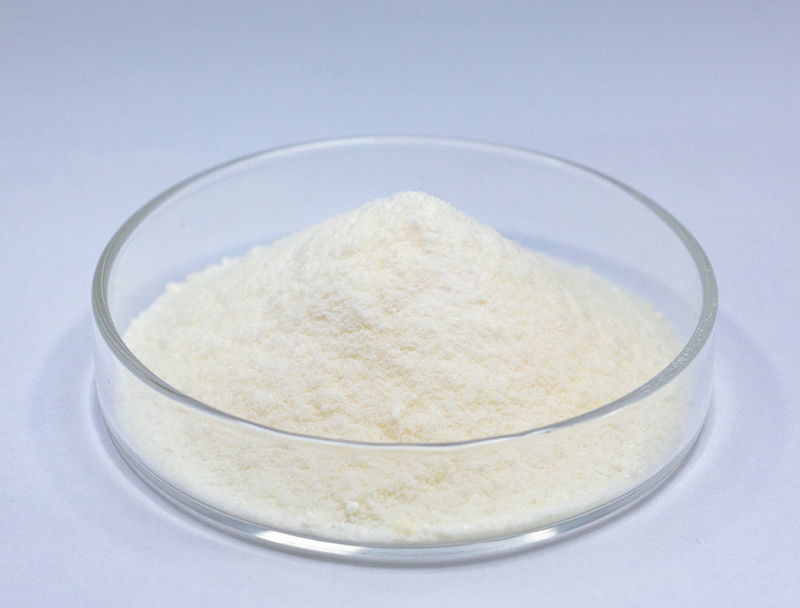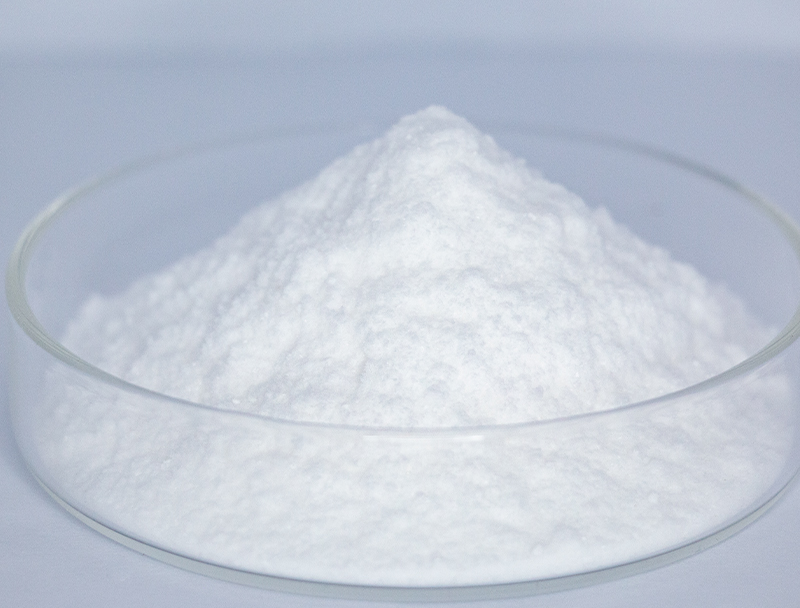refined extracts fractionated ingredients certified calcium alpha-ketoglutarate

Biomanufacturing relies heavily on an extensive collection of biomass sources to produce innovative bio-based products.
Securing ethical acquisition of feedstocks remains essential to industry resilience and responsible expansion.
a range of complications linked to historic procurement practices including biodiversity loss and excessive resource use. Therefore, biomanufacturing companies must actively seek out alternative sourcing strategies to minimize their ecological footprint.
- Situations demonstrating ethical sourcing encompass:
- Employing waste-stream inputs from industry leftovers
- Operating reuse-focused platforms to lower discard and increase efficiency
- Partnering with local suppliers committed to ethical sourcing practices
Embracing sustainable procurement produces environmental benefits with profitable potential.
Upgrading Feedstock Traits for Better Biofuel Performance
Maximizing the efficiency of biofuel production relies heavily on the quality and composition of biomass feedstocks. Researchers repeatedly investigate innovative methods to enhance feedstock potential, leading to higher yields of biofuels and a more sustainable energy future. This involves genetic modifications to increase biomass production, as well as pretreatment techniques that break down complex plant materials into more readily fermentable sugars.
- Additionally, researchers are focusing on identifying new sources of biomass, such as algae, waste products, agricultural residues, to expand the range of sustainable feedstocks available for biofuel production.
- Because of continual endeavors biofuel technology is set to attain meaningful progress that supports renewable energy growth.

Biopharmaceutical Manufacturing: Advancements in Upstream Processing
involves foundational activities from cultivation to biomass harvest Contemporary breakthroughs have refined protocols and elevated product throughput.
Salient improvements involve specialized expression hosts, fine-tuned media strategies, and next-gen bioreactor concepts. These strategies improve manufacturing efficiency and lessen cost and ecological effects.
- In addition, momentum toward nonstop processing offers improved flexibility and optimized operational flow.
- This move toward intelligent production systems is expected to reshape the industry and hasten drug development.

Next-Gen Gene Editing for Enhanced Protein Expression
refinements in gene-targeting technologies have advanced protein production workflows. Via deliberate gene edits, teams amplify protein expression for higher yields. This capability can unlock development of cost-efficient, high-performance biologics for many conditions.
Microbial Solutions for Greener Bioremediation Practices
promising microbial strategies enabling effective environmental cleanup and restoration. Certain microbes have capacities to biotransform contaminants into nonharmful forms.. Employing microbial processes facilitates remediation approaches that preserve ecosystem integrity while reducing pollution.. Research teams analyze microbial diversity to find candidates that metabolize heavy metals, break down pesticides, and treat oil-contaminated matrices.. These microbes operate in engineered systems or direct environmental applications to metabolize and remove contaminants.
Microbial-based approaches to remediation bring considerable advantages over traditional solutions. The approach tends to lower treatment costs and avoids producing toxic residuals. Moreover, microbes can be tailored to address specific pollutants with minimal impact on non-target organisms. Ongoing innovation aims to boost the throughput and efficacy of microbe-driven remediation approaches.
Digital Methods Accelerating Pharmaceutical Discovery
Informatics platforms are essential to current drug discovery and development pipelines. By integrating diverse datasets, bioinformatics enhances candidate identification and therapeutic optimization.
- Using extensive genomic, proteomic, and patient data, analysts discover targets and anticipate therapeutic performance.
- Also, in silico modeling of molecular interactions accelerates optimization toward more selective therapeutics.
- Finally, data-driven informatics is changing drug development and hastening patient access to effective therapies.
Engineering Cellular Pathways for Improved Bioproduct Output
utilizes multiple approaches to enhance production of desirable bioproducts in cells. Strategies involve pathway refactoring by genetic modification, expression modulation for balanced flux, and grafting of novel genes to add capacity.. Through strategic metabolic edits practitioners can markedly increase the synthesis of target products.
Such an integrated approach may disrupt diverse fields including therapeutics, crop science, and sustainable fuels.

Challenges and Opportunities in Scaling Up Biopharmaceutical Production
Scaling up biopharmaceutical production presents both significant challenges and exciting opportunities. Keeping consistent product performance at elevated volumes is a significant challenge. Solving it involves resilient control frameworks, high-resolution monitoring, and modern analytical tools.

Also challenging is the layered complexity of biomanufacturing encompassing numerous sequential steps.. Converting small-scale procedures to plant-scale operations necessitates extensive innovation and optimization.. Despite challenges, the benefits may be considerable. Achieved scale can widen availability of treatments, lower manufacturing costs, and boost financial returns.
Different initiatives are progressing to solve scale-up constraints. Initiatives involve optimization platforms, high-resolution analytics for process control, and novel manufacturing frameworks.
- R&D initiatives significantly drive enhancements in manufacturing capacity.
- Oversight institutions are updating guidelines to ease approval of manufacturing advances and catalyze innovation.
Exploring Approval Frameworks for Biopharmaceutical Safety and Effectiveness
The development of biopharmaceuticals is a complex process that requires stringent regulatory oversight to ensure both patient safety and product efficacy. Biologically derived medicines entail particular manufacturing and regulatory complexities compared with chemical drugs.
Regulators such as the FDA and EMA define authorization pathways and quality standards for new biologic medicines..
Thorough testing frameworks are compulsory during all stages of development including after market release.. Those requirements help reveal risks and confirm that biologics satisfy stringent safety criteria..
In addition, regulatory entities adapt their frameworks to stay current with rapid research and technological developments.. Initiatives cover incorporating new methods and supporting faster development while ensuring patient protection.

Plant-Derived Inputs for Next-Gen Bioplastics
The trend toward sustainability stimulates development L-arginine-α-ketoglutaric acid of renewable material technologies. Among these, bioplastics, produced from plant-derived biomass feedstocks, offer a promising avenue towards a greener future. Plant-based biomass resources such as cornstarch, cellulose, sugarcane can be processed into biodegradable plastics that degrade naturally, minimizing the environmental impact of conventional plastics.
Also, many renewable bioplastics exhibit comparable mechanical and functional traits to conventional plastics across applications.. Persistent innovation will be key to advancing plant biomass into mainstream bioplastic manufacturing for a circular future.
This Emerging Impact on Public Health and Food Systems
Emerging biotechnologies deliver avenues to improve health outcomes and secure food resources. Through advancements in genetic engineering, synthetic biology, and cell therapies, biotechnologists are developing innovative solutions to combat infectious diseases, improve crop yields, and enhance nutritional value.. For example, engineered crops with pest resistance and stress tolerance can increase yields while lowering pesticide use.. In addition, the field produces vaccines, treatments, and diagnostic tools that are central to fighting infections and improving health worldwide.. Continued scientific progress suggests biotechnology will increasingly underpin healthier, more sustainable societies worldwide.
 α-Ketoglutaricacid
α-Ketoglutaricacid